Hundreds of North Sea Shell workers go on strike
- Published
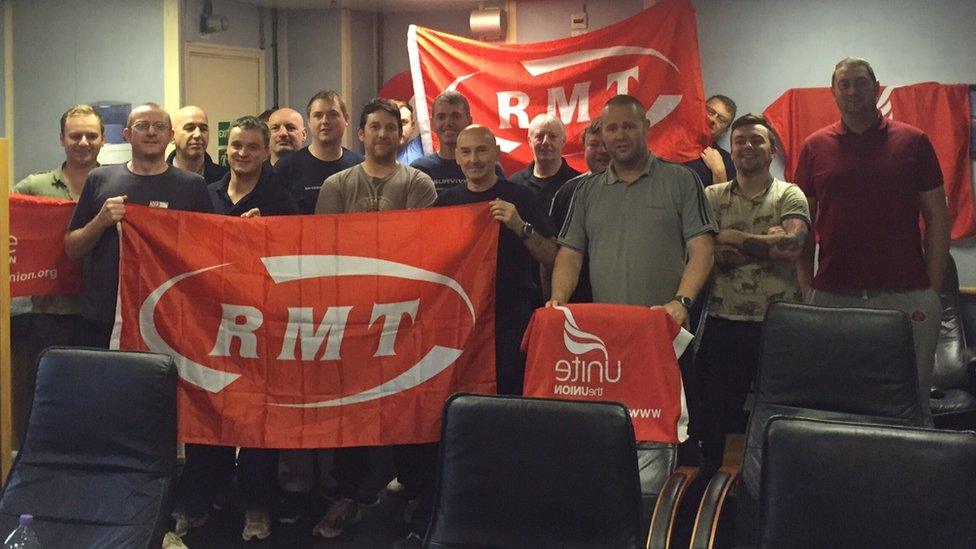
Hundreds of workers are striking offshore
Hundreds of North Sea workers have gone on strike for 24 hours over plans to cut their pay and allowances.
Members of the RMT and Unite unions employed by the Wood Group on Shell platforms walked out at 06:30.
About 400 workers are involved in the strike, as well as a ban on overtime, with further stoppages planned for the coming weeks.
It is the first industrial action of its kind in the offshore oil and gas industry in almost 30 years.
North Sea Oil: A brief history
The seven Shell platforms involved are Shearwater, Gannet, Nelson, Curlew, Brent Alpha, Brent Bravo and Brent Charlie.
There was also a protest at Shell offices in London, as well as in Aberdeen, and at Wood Group in Aberdeen.
The Offshore Contractors Association (OCA) urged both sides to return to the negotiating table.
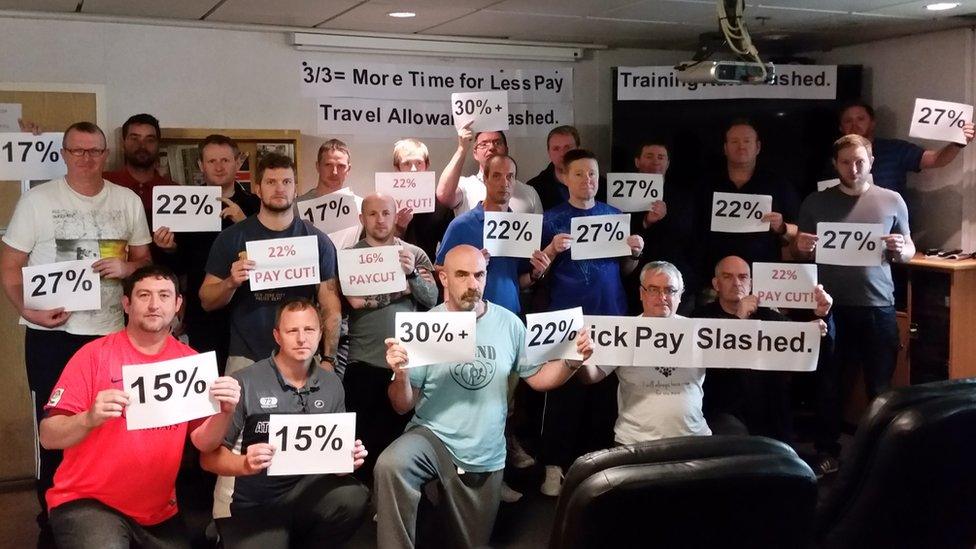
The striking offshore workers claim they will be forced to work longer hours for less pay
The strike action was overwhelmingly supported by members of both unions.
In February, Wood Group announced it was cutting rates paid to about a third of its UK contractor workforce.
It blamed the "continuing cost and efficiency challenges affecting the UK North Sea oil and gas sector".
The unions claim workers could suffer a cut to their pay and allowances of up to 30% - but that has been dismissed by Wood Group.
Workers are also disgruntled that a two-week working cycle has been changed to a three-week cycle. leaving many away from their families for a longer time.
An overtime ban came into effect on Monday ahead of the strike.
RMT general secretary Mick Cash said: "After savage redundancies and attacks on workload and working conditions, this group of offshore workers are now told that they are going to be railroaded into accepting pay cuts of up to 30%.
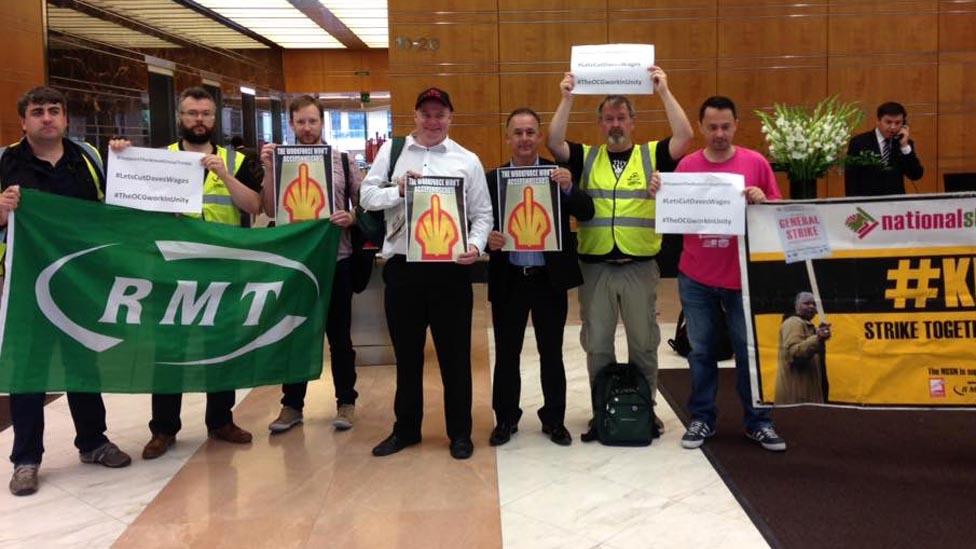
There was also at protest at Shell in London
"We are well aware that the company chief executive has had a pay increase of 28% to bring him up to £600,000. It is obscene that while the top bosses are lining their own pockets they are kicking the workforce from pillar to post.
"This brave group of workers are taking a stand against the greed and savagery that is a mark of corporate Britain in 2016."
John Boland, Unite regional officer said: "To say we are disappointed it has had to come to this is an understatement, but bosses at Wood Group are simply not listening.
"This dispute is the first in the North Sea in three decades and shows the strength of feeling of our members who feel backed into a corner and left with no other option but to use their industrial strength to make Wood Group listen.
"Our members have been faced with changes to shift patterns which have seen them working longer offshore for the same pay, as well as having three rounds of redundancies imposed on them.
"This attack on their pay and allowances has pushed our members too far this time."
'Extremely disappointed'
Wood Group said it was "extremely disappointed" by the decision to take strike action.
Dave Stewart, chief executive officer for Wood Group's eastern region business unit, said: "Our employees' safety and wellbeing remains our top priority and our commitment is to ensuring it is not compromised during industrial action.
"Although we are extremely disappointed that industrial action will be taken, we respect the right of those employees who choose to do so."
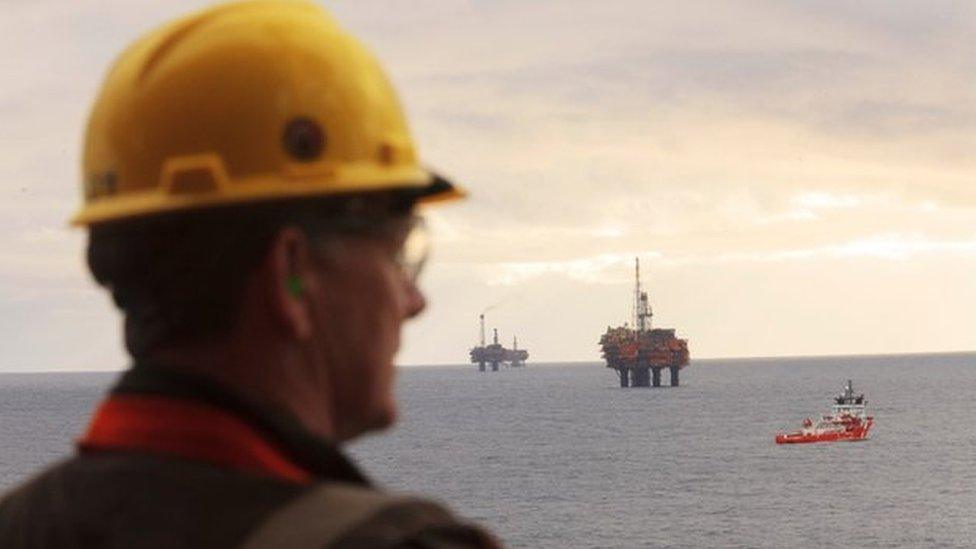
Workers on seven Shell platforms are involved in the strike action
A Shell spokesman said: "This action is highly regrettable. Shell's priority is to ensure the safety of our workforce and assets and we will not compromise on safety during this period of industrial action.
"While we recognise the right of Wood Group's employees to strike, it is clear that in order for the North Sea oil and gas industry to remain competitive in the lower oil price environment, structural change is needed."
Paul Atkinson, chief executive of the OCA, said: "We are really disappointed that the unions and Wood Group have not yet reached an agreement.
"Although the outcome of the Unite ballot was in favour of industrial action, we had hoped that strike action could be avoided.
"This is a very challenging business environment and our members have to make difficult decisions. The deal being offered by Wood Group remains within the rates and allowances in the Offshore Contractors Partnership Agreement which was agreed to by both GMB and Unite members last year.
"The industry as a whole must retain its focus on securing a long-term future for the UKCS (UK Continental Shelf) that sustains jobs and attracts new investment. We stand ready to offer any assistance that can bring this dispute to an end."
Wood Group provides maintenance and construction services to the installations, having signed a new three-year contract extension with Shell earlier this year.
David Hunter, an industry analyst from Schneider Electric, said tight budgets were leading to tensions across the sector.
He said: "I think this is indicative of the wider industry. Because of the lower oil price there's been big pressure on cost, there's been thousands and thousands of job losses because of that lower oil price and cutbacks, and so companies are looking at terms and conditions and changing working practices."
- Published26 July 2016

- Published22 July 2016
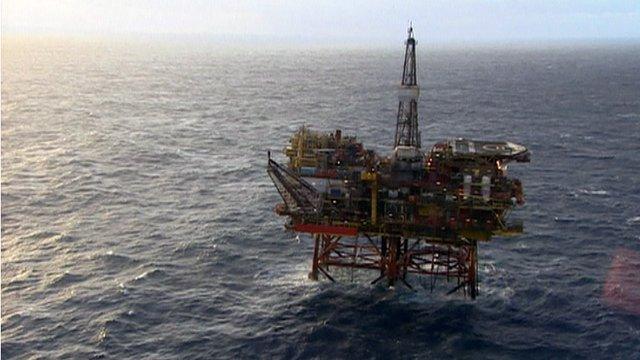
- Published20 July 2016

- Published18 July 2016

- Published13 July 2016

- Published24 April 2016
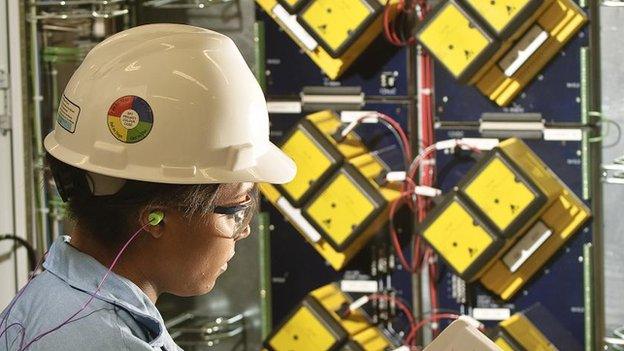
- Published19 February 2016
